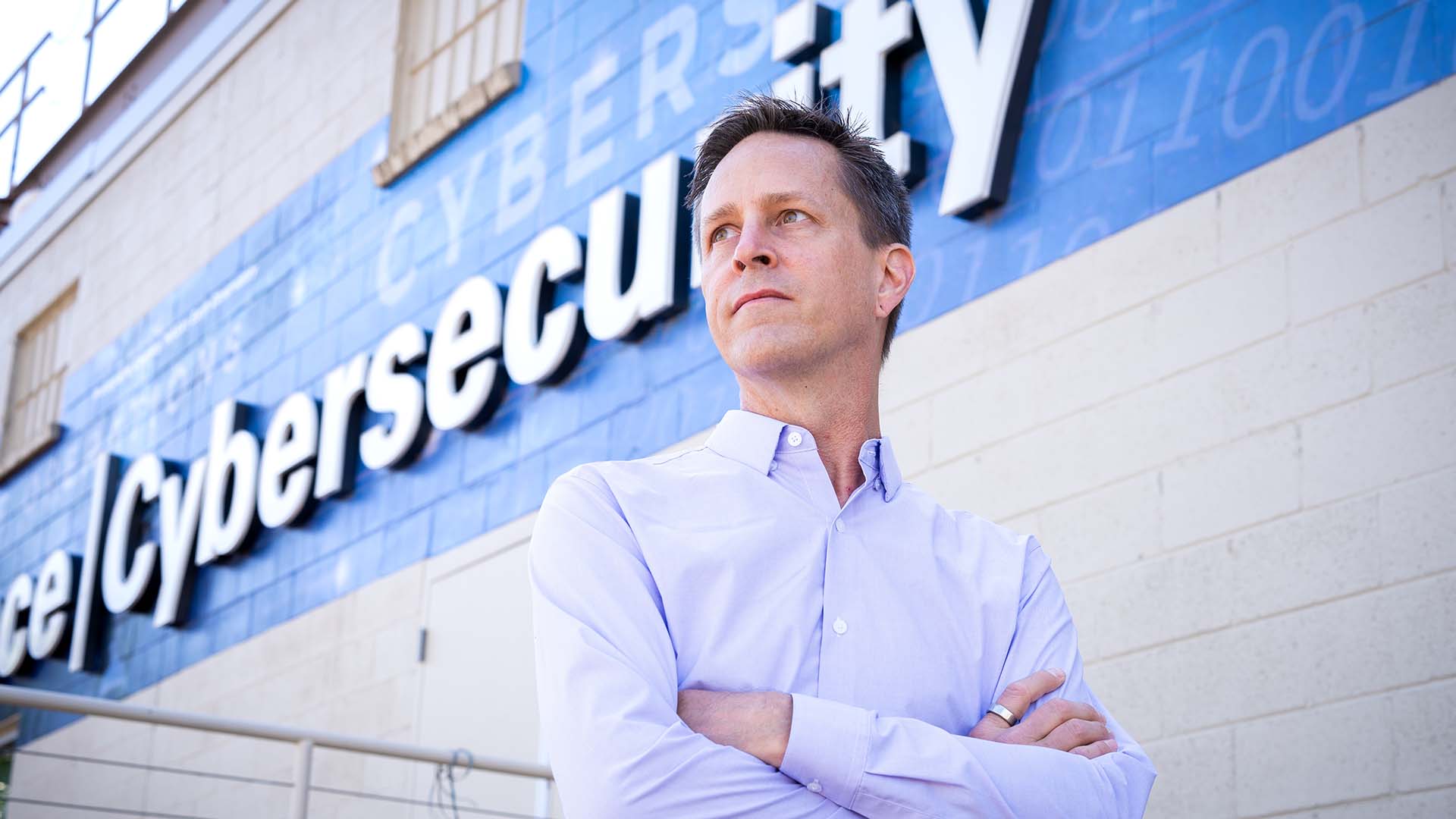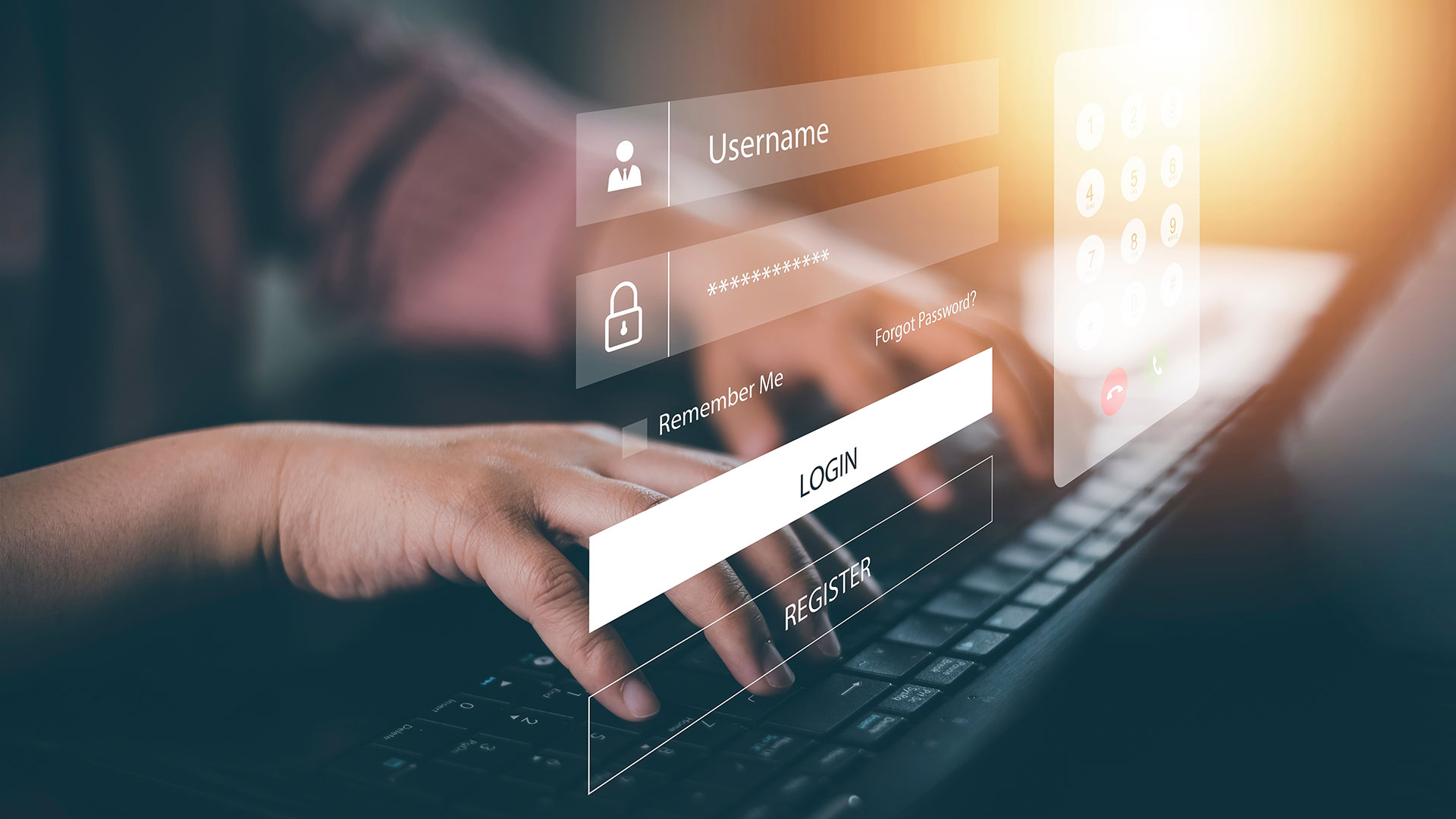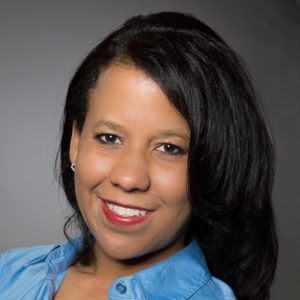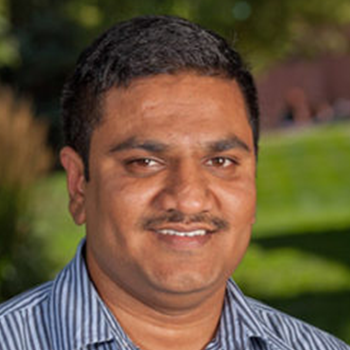Stay ahead of the data-sharing game
Prevention, good judgment are keys to avoiding online disasters
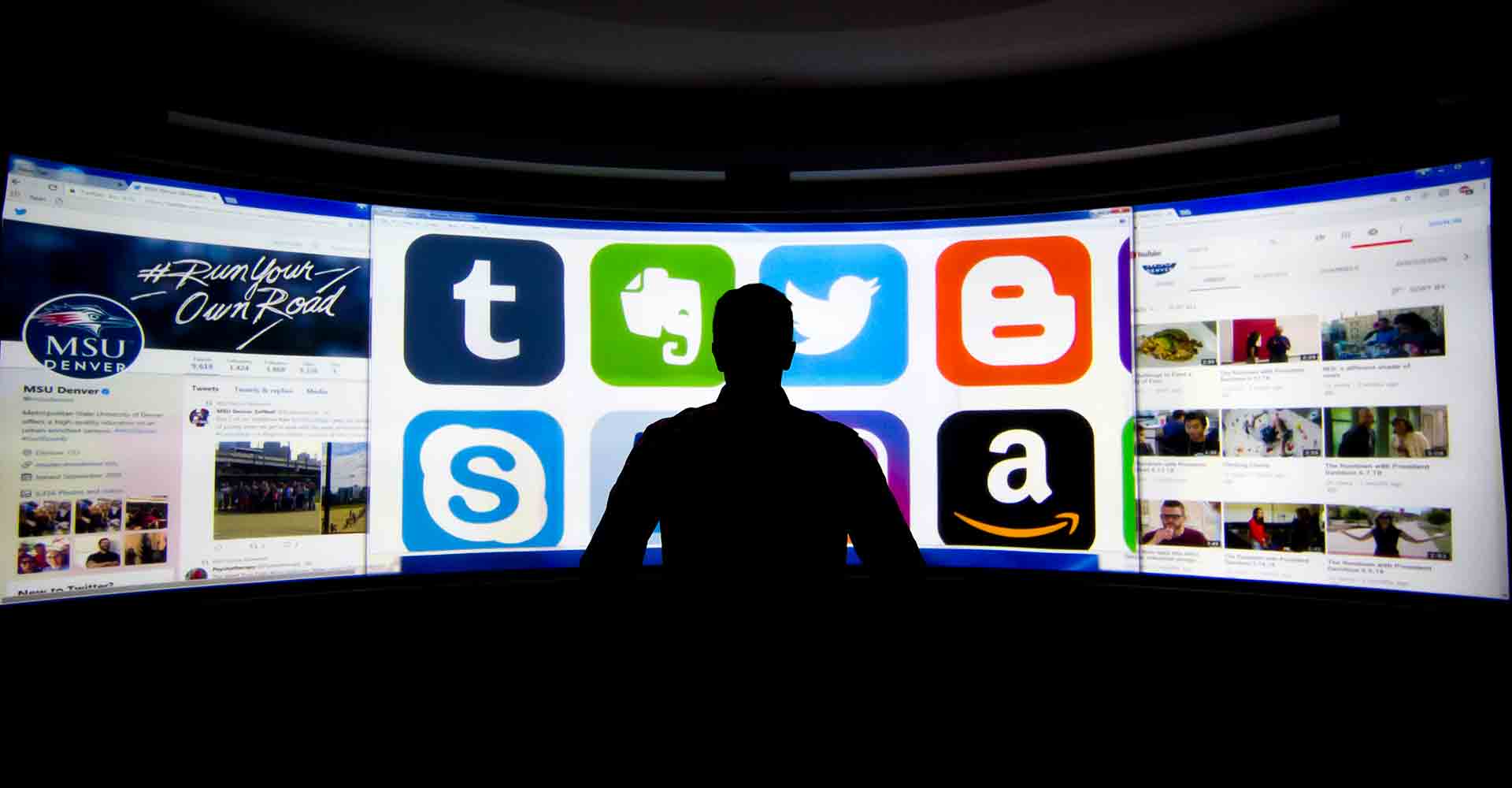
Most students at Metropolitan State University of Denver don’t sweat it when it comes to privacy on their phones and computers.
“They’re not that worried about sharing,” says Edgar Maldonado, an assistant professor in the Department of Computer Information Systems, “until they get hacked or a picture has been shared with an employer or someone else and they’ve gotten in trouble.”
Maldonado and several other MSU Denver professors in the University’s growing computer-science programs spend a lot of time teaching critical awareness to a generation that has grown up with computers and smartphones.
“We have a problem: Kids can use technology, but they don’t understand technology,” Maldonado says. “They have a sense of security because they don’t know what they don’t know.
“Privacy has a different meaning for them,” he says, because they’ve been inundated with stories about data breaches at Equifax, Target and government agencies that are supposed to protect private information.
Their response: You can be careful, but you have no control.
Steve Beaty, professor of computer science and head of MSU Denver’s new cybersecurity degree program, teaches students to understand what they’re giving up for access to social media.
“You give up some privacy, and you get a community; all human beings tend to want that,” he says. “But you’re also getting a kind of stilted view of the world if you’re only hearing from your community. And you’re also becoming a target for advertising.”

Millennials tend to be more accepting of the fact that Facebook and Google mine their private information to target them for ads, he says.
“There’s acceptance because this is how it’s always been with them,” he says, “They tend to think, ‘Well, I don’t do anything bad.’”
Beaty says that attitude will change “when all of a sudden maybe you don’t want to be an open book for any reason, a medical condition or all sorts of things, and you can’t go back and close the book.”
“We all have things we regret, pictures we took, or that someone took of us, that get posted, and now we’ve lost control of the crazy weekend we spent in Vegas,” Beaty says. “Many employers do their due diligence (and check social media). You can’t make these things go away.”
Even this warning, however, doesn’t always register with his students, Beaty says.
“A lot of people are short-sighted and don’t see over today and tomorrow at best,” he says. “They shrug their shoulders and say, ‘I’m never going to be a CEO,’ so this picture of me in front of the marijuana flag is never going to affect me.”
Samuel M. Jay, assistant professor of rhetoric in the Department of Communication Arts and Sciences, says he urges his students to do a cost-benefit analysis before using Facebook to sign up for access to a website.
“Is the data you’re getting worth the convenience that you’re getting?” he asks.
He advises students to stop signing up for sites using their Facebook account and instead use their email address. “You’ll get email newsletters, and you can cancel those, but nobody’s getting your information.”
Jay is a big fan of Linkedin. “There’s no better way to go and reach out and network with people who 10 years ago you wouldn’t have had access to,” he says.
Some tips from MSU Denver experts on protecting your privacy online:
- Instead of changing your password often, come up with one very long password – at least 20 characters. “It takes milliseconds to crack a 12-character password,” Beaty says. He suggests using a phrase out of a favorite book or song for a password. Then sign up for Keepass Password Safe or Lastpass, two free websites that generate passwords for you.
- Make sure you update your home computer, cable modem, router and security camera, television, DVR, printer and security cameras once a month. Some of these update automatically, but some don’t.
- Have a good backup outside of your house in case of a fire of theft. Backblaze costs $50 a year.

